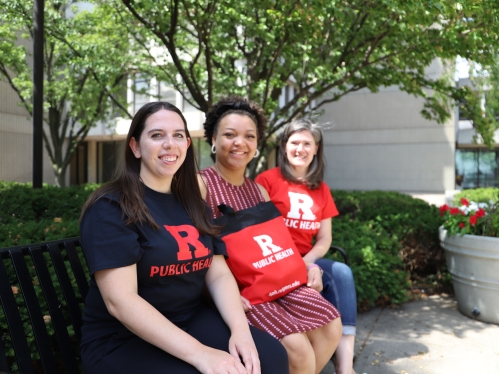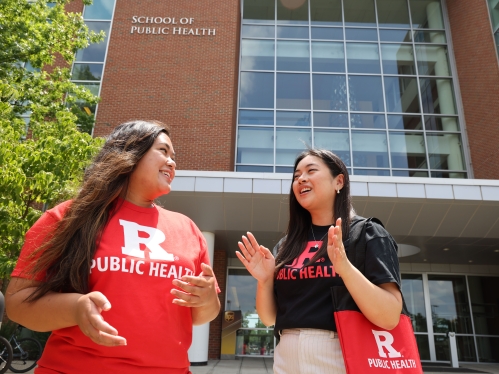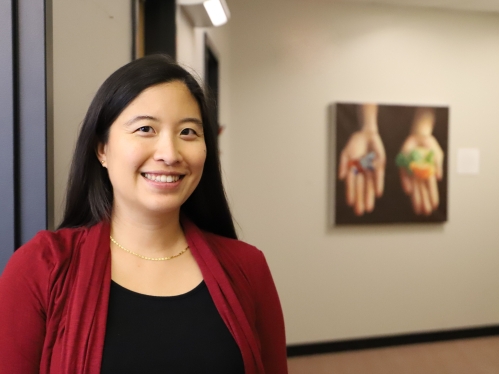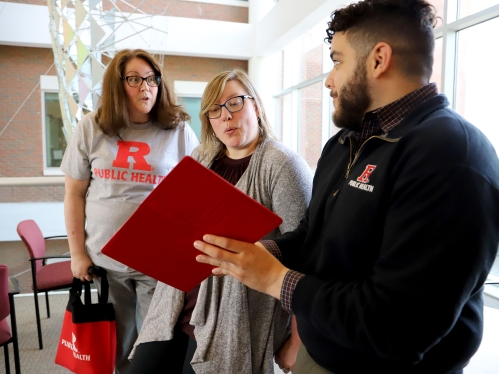
Learn more about public health from the Center for Disease Control and Prevention.
What is Public Health?
In 1920, C-E.A. Winslow defined public health as “the science and art of preventing disease, prolonging life, and promoting health through the organized efforts and informed choices of society, organizations, public and private communities, and individuals.” One of the most formidable forces in the field, Winslow’s definition of public health remains the standard, with his ideals shaping what we today know as public health.
In 2019, the SARS-CoV-2 pandemic began impacting the lives of individuals worldwide, highlighting the public health field. As the world adopted the guidance of public health leaders and health care workers, we were reminded of the paramount responsibilities of public health professionals. Today, public health professionals collaborate on multidisciplinary teams to provide solutions that positively impact the health, well-being, and health outcomes of people and populations on the individual, local, state, national, and international levels.
From implementing educational programs that strive to prevent disease to shaping policies, administering services, conducting research, and regulating health systems, public health professionals work to ensure the health and well-being of all.
While the foundation of the field is centered in the disciplines of biostatistics, epidemiology, environmental and occupational health, health systems and policy, and health education, public health has evolved to more broadly incorporate mental health, chronic disease, aging, pharmacoepidemiology, global health, urban public health, and LGBTQ health with an eye on social justice and health equity.
Public Health Basics
The American Public Health Association (APHA) shares the basics of public health and why it's important in the first episode of the "That's Public Health" web series from APHA and Complexly.

Combatting Racism and Discrimination
RWJBarnabas Health and the Rutgers School of Public Health have joined others around the nation to declare racism a public health crisis. We have developed an antiracism pledge, reaffirming our commitment to ensure a more equitable world.
Racism deprives people of the opportunity to attain their highest level of health. It is the fundamental cause of health disparities that are inextricably tied with poverty, inadequate housing, under-resourced and thus, underperforming schools, police brutality, mass incarceration, food deserts, food swamps, unemployment or underemployment, wage disparity, stress, poor access to health care, and violence, all of which are substantial barriers to health equity and improved health outcomes.

The Future of Public Health
Public health seeks to ensure the right to health and well-being for all people and populations, regardless of income, social status, race, gender, or identities people hold. At the Rutgers School of Public Health, we believe public health professionals must approach their work through a lens of social justice and health equity and we embody these principles in our curricula, programming, school policies, and professional practices.

Everyone has a Right to Good Health
Where someone lives, their income, education, race, and access to health care determines their overall well-being. These factors shouldn’t affect someone’s quality of life because everyone deserves adequate health care and the opportunity to be healthy. To help make this vision a reality, the American Public Health Association created Generation Public Health which aims to create the healthiest nation in just one generation.

More Public Health Information

Learn more about public health from the Center for Disease Control and Prevention.

The Association of Schools and Programs of Public Health is the voice of accredited academic public health, representing schools and programs accredited by the Council on Education for Public Health (CEPH).

Public health professionals analyze and develop programs that protect the health of individuals, families and communities in the United States and abroad. This may be why public health has become such a growing field in recent years.